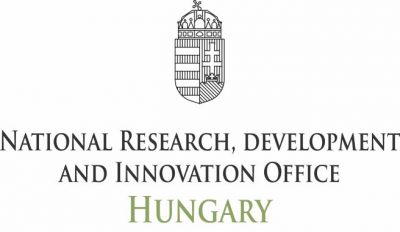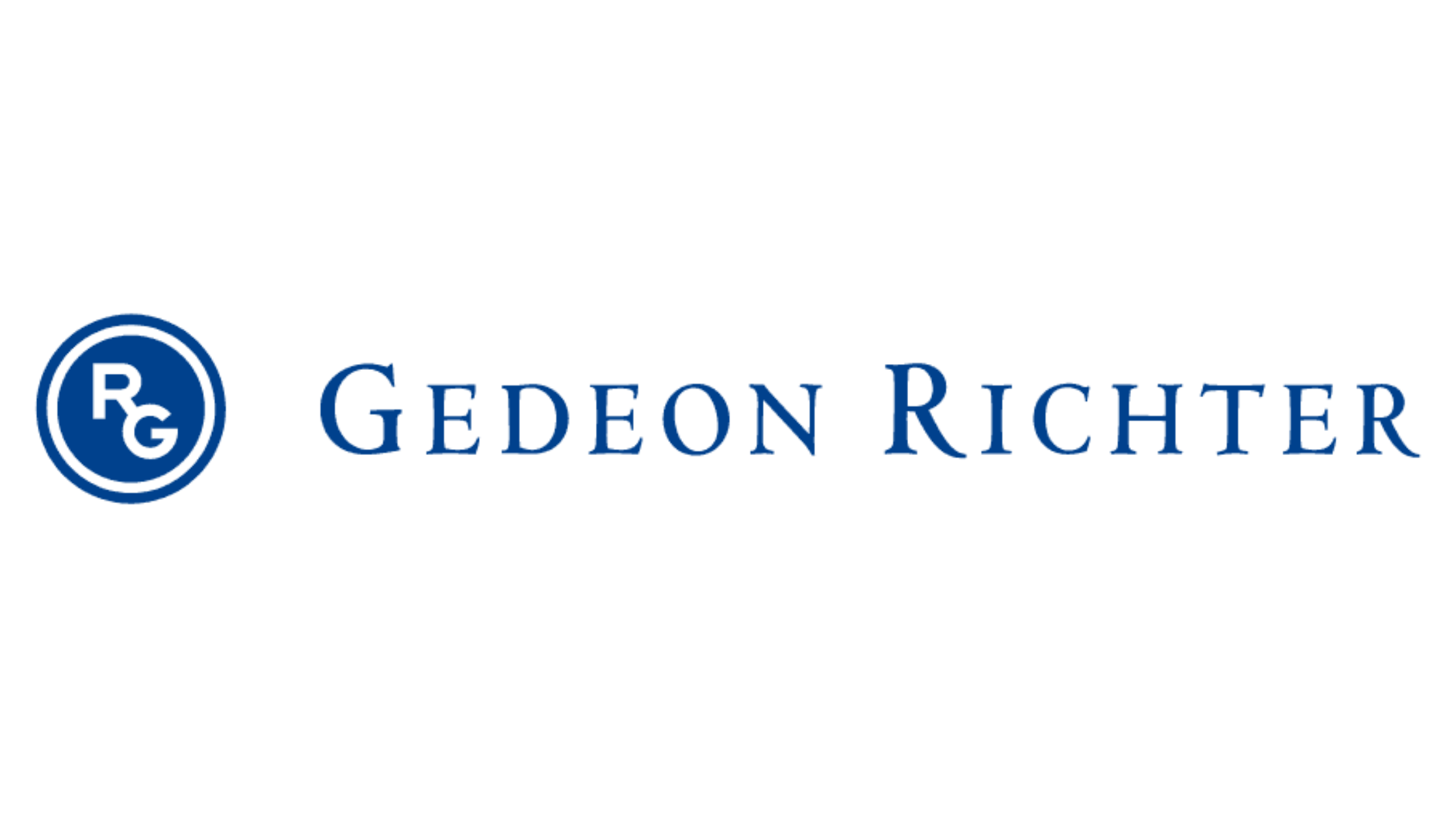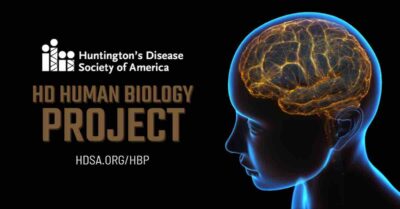MAJOR CURRENT FUNDING BODIES SUPPORTING OUR RESEARCH:
Hungarian Centre of Excellence for Molecular Medicine (HCEMM)

HCEMM is a game changer organisation which catalyses reforming changes in the research culture and makes impact in the regional development of Hungarian knowledge regions. Main area of interest of HCEMM’s research groups is working on research and development related to healthy ageing.
website: https://www.hcemm.eu/
NKFIH TKP-NVA (Nemzeti Kutatási, Fejlesztési és Innovációs Hivatal, Tématerületi Kiválósági Program – Nemzetvédelem, nemzetbiztonság alprogram)

The aim of TKP is to carry out thematic research and development programs (including basic research, applied research and resarch development) based on professional excellence in order to:
- produce basic research results that promote the development of answers to the challenges of civilization
- lay the foundations for applied research and research development
- launch further development and innovation processes within the institution
- produce a product, prototype, technology or service with significant scientific and / or technical innovation
- produce a commercially exploitable product, technology or service from the thematic research
- increase scientific productivity
- improve the conditions for the supply of scientific and research staff
- make the results of Hungarian science more visible
- increase the participation of representatives of Hungarian science in international R&D programs, especially in the EU research and innovation framework programs
- make the focus on research and development and innovation more decisive in higher education institutions and research institutes
- use the results of research from a social, economical and environmental point of view and to support initiatives aimed at those
- facilitate cooperation with non-institutional organisations and contribute to patents and research and development agreements
- encourage business or social marketing of the product, technology or service resulting from the thematic research.
Within the TKP grant scheme framework there are 3 main research areas (each with a grant amount of 25-25 billion HUF): Health (EGA); National Research (NKTA); National Defence, National Security (NVA) .
website: https://nkfih.gov.hu/palyazoknak/nkfi-alap/tamogatott-intezmenyek-tkp2021
“OTKA” young researcher excellence programme (FK_23) (Nemzeti Kutatási, Fejlesztési és Innovációs Hivatal, “OTKA” Fiatal kutatói kiválósági program)


The scholarship programme supports the scientific careers of talented young Hungarians, tailored to the R&D needs of industry and technology sectors. Almost 90 percent of the programme’s budget will be used to support students in STEM+ (science, technology, engineering, maths, computer science, agriculture, medicine, health and arts). Doctoral students as grantees also contribute to the RDI activities of the company that employs them.
For more information please visit: https://nkfih.gov.hu/english/nrdi-fund/funded-institutions-kdp-23
Supported Research Groups Program (Támogatott Kutatócsoportok Programja, TKCS)

TKCS is supported by th HUN-REN Research Center, in collaboration with the TKCS Office. The primary goal of the TKCS Program is to provide resources for outstanding young researchers to establish collaborative research groups, thereby further strengthening scientific excellence. Additionally, the program aims to encourage multi- and interdisciplinary research while fostering synergistic collaboration between distant yet complementary fields of science.
For more information please visit: https://hun-ren.hu/hirek/6-palyazat-reszesul-tamogatasban-a-hun-ren-kozpont-altal-meghirdetett-tamogatott
website: https://tki.hun-ren.hu/en
MAJOR PAST FUNDING BODIES SUPPORTING OUR RESEARCH:
Gedeon Richter Thematic Grant Proposal (Richter Témapályázat 2023)

Richter Gedeon is one of the region’s utmost prominent pharmaceutical innovation centres with a research base of over 1,000 employees, and an original research activity focused on the treatment of central nervous system diseases. It also has a significant biotechnology capacity and plays a major role in the development of gynaecological products. The development and launch of a new, original drug is a significant event in the life of every pharmaceutical company and an important step forward in the treatment of certain diseases. This is also why original research is of great importance in the implementation of Richter’s strategy. The company is committed to work and fund projects that bring new, innovative therapies to patients worldwide. The aim of this grant is to support the R&D&I activities connected to Richter’s portfolio, support internationally competitive innovations and to promote the practical implementation of research results.
website: https://t.ly/yzN2S
ICGEB (International Centre for Genetic Engineering and Biotechnology)

ICGEB is a unique intergovernmental organisation initially established as a special project of UNIDO. Autonomous since 1994, it runs 46 state-of-the-art laboratories, in Trieste, Italy, New Delhi, India and Cape Town, South Africa and forms an interactive network with over 65 Member States. It plays a key role in Biotechnology worldwide for excellence in Research, Training and Technology Transfer to industry to contribute in concrete terms to the achievement of sustainable global development and its operations are aligned to those of the United Nations System.
ICGEB is dedicated to advanced research and training in molecular biology and biotechnology and advancing knowledge, applying the latest techniques in the fields of:
- biomedicine
- crop improvement
- environmental protection/remediation
- biopharmaceuticals, biopesticide and biofuel production
website: https://www.icgeb.org/
HDSA (Huntington’s Disease Society of America)

The Huntington’s Disease Society of America (HDSA) is the premier nonprofit organization dedicated to improving the lives of everyone affected by Huntington’s disease. From community services and education to advocacy and research, HDSA is the world’s leader in providing help for today, hope for tomorrow for people with Huntington’s disease and their families. In the battle against Huntington’s disease no one fights alone. At HDSA — family is everything!
The Human Biology Project was launched in 2013 with the goal of fostering innovative research in collaboration with HD clinics to better understand the biology of Huntington’s disease as it occurs in humans. HDSA encourages researchers to consider one of HDSA’s Centers of Excellence as a potential collaborator, but applicants may propose to work with any HD clinic around the world.
website: http://hdsa.org/hd-research/hd-human-biology-project/
Semmelweis Science and Innovation Fund (Semmelweis Tudományos és Innovációs Alap – STIA)
1. Semmelweis research and development activities grant (Semmelweis kutatás-fejlesztési területen megvalósuló tevékenységek – STIA-KFI)
The purpose of the grant is to promote scientific (basic and applied) research, experimental development and innovation (including innovation in the field of education) at Semmelweis University.
2. Semmelweis Proof of concept programme (Semmelweis Proof of Concept Program – STIA-PoC)
The PoC program aims to help to bring university research results to the market.
website: https://semmelweis.hu/innovacio/palyazat/tudomanyos-es-innovacios-alap/
We are also grateful for the support from the following foundations:
MEC_R_24 Travel grant (Tudományos Mecenatúra pályázat (MEC_24) Részvétel külföldi konferencián)
EKÖP (Egyetemi Kutatói Ösztöndíj Program)
Fulbright Hungary
Semmelweis project to support research activity of young researchers (Semmelweis Fiatal kutatók kutatási tevékenységét segítő – STIA-MEC)
National Scholarship for Young Talents (Nemzet Fiatal Tehetségeiért Ösztöndíj) NTP-NFTÖ-21
Semmelweis 250+ Excellence PhD Scholarship
Új Nemzeti Kiválóság Program (UNKP)
Ifjúsági Nemzetközi Konferencia Tudományos Pályázat (INKP)